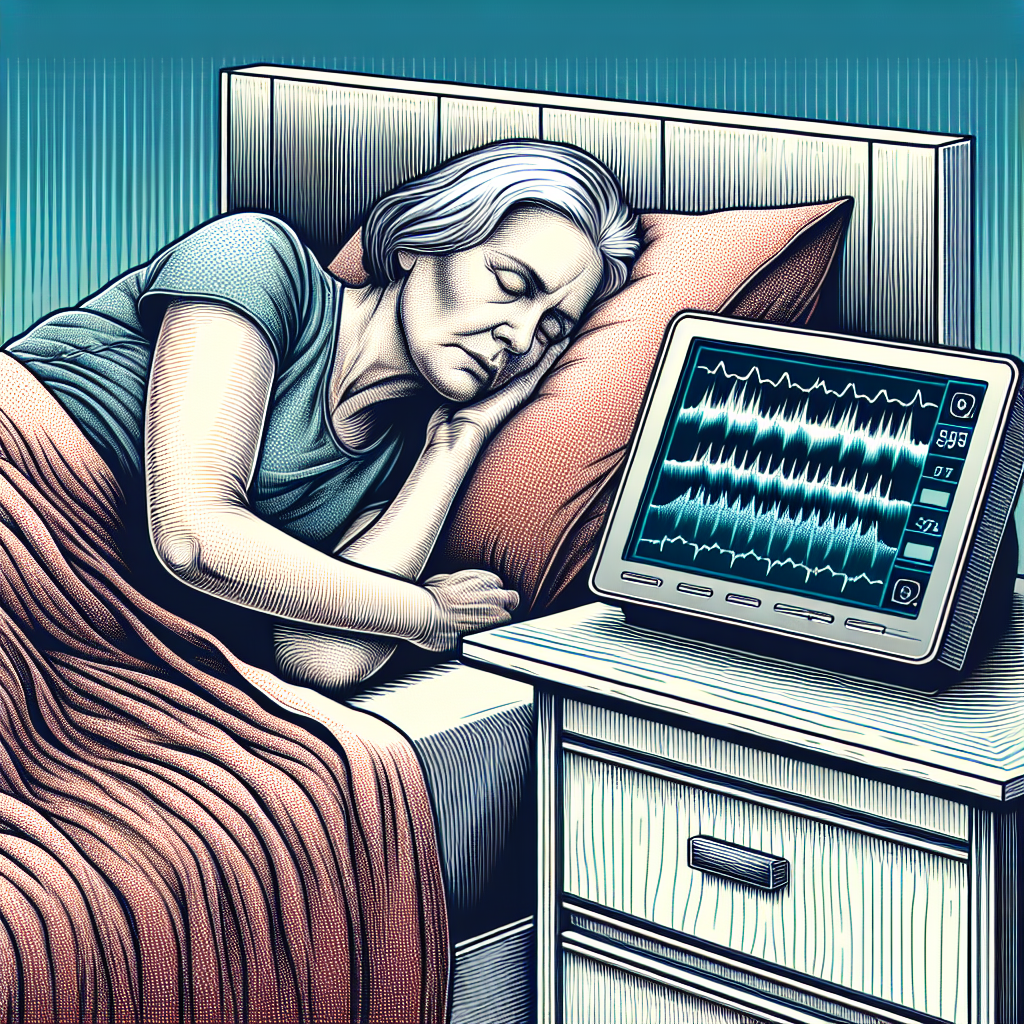Sleep Disorders in the Elderly
As we age, our sleep patterns can drastically change, leading to various sleep disorders that detrimentally affect the health and quality of life of elderly patients. Understanding and managing common sleep disorders within this demographic is crucial for caregivers and healthcare providers alike.
Identifying Common Sleep Disorders
A myriad of sleep disorders, including insomnia, sleep apnea, restless legs syndrome, and nighttime disturbances can plague the elderly. Early detection and intervention can alleviate symptoms and enhance overall well-being.
Intervention Strategies
Interventions may range from lifestyle modifications, such as improving sleep hygiene, to medical interventions like CPAP for sleep apnea or medications for restless legs syndrome. In cases of dementia, which is closely related to sleep disturbances, tailored approaches are necessary. This parallels efforts within managing dementia where routines and environmental control play pivotal roles.
There is also a growing interest in the role of technology in elderly care. Tools such as wearable sleep trackers can monitor sleep patterns and facilitate interventions. Yet, technology should complement, not substitute, the essential caregiver support training and home safety modifications for the elderly.
